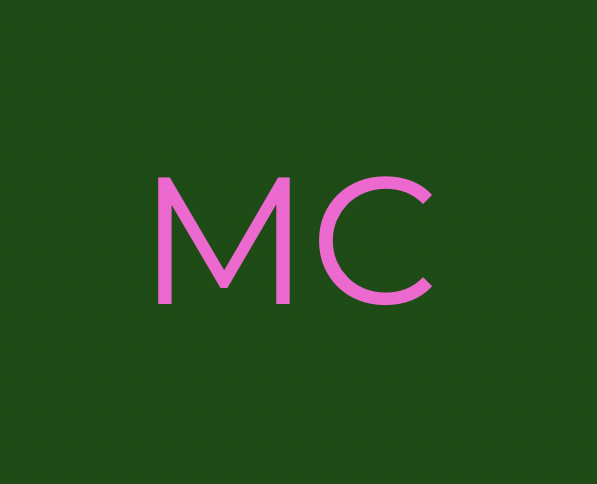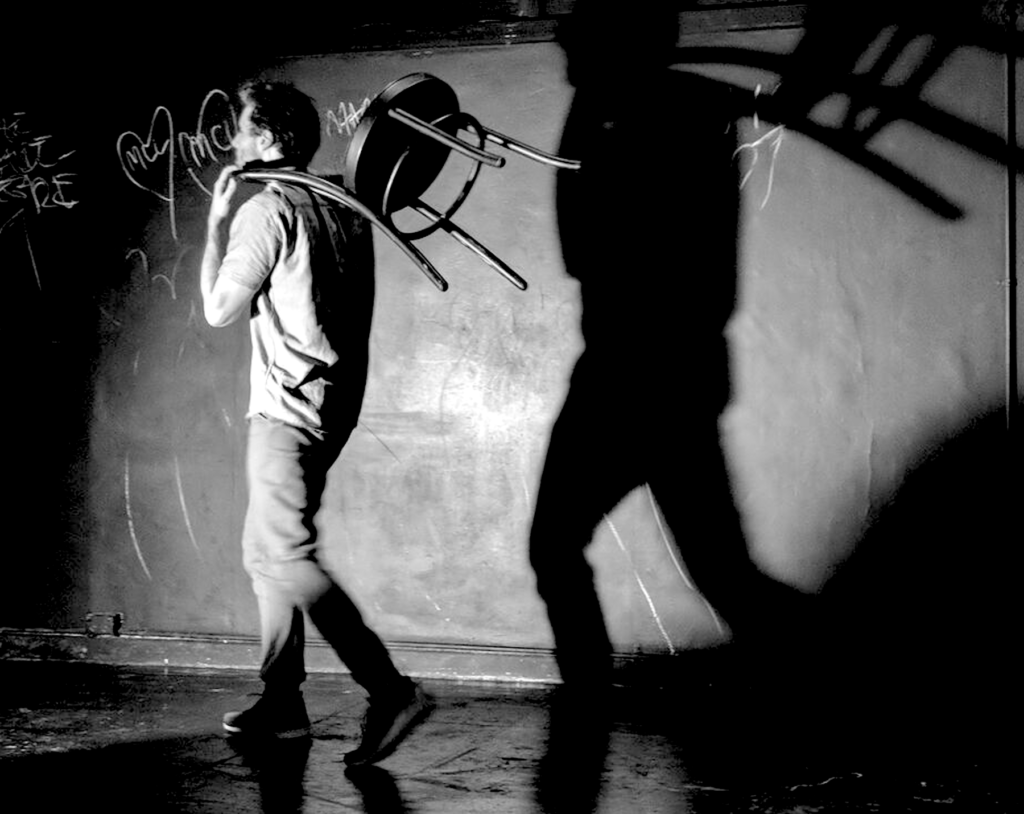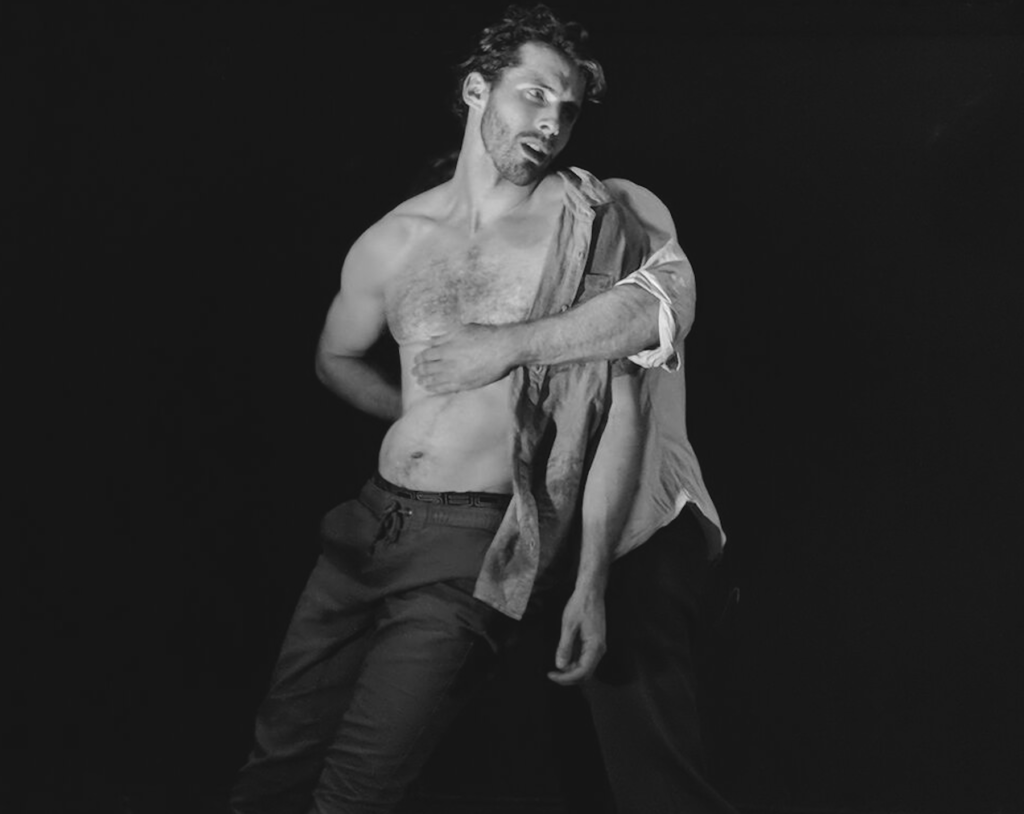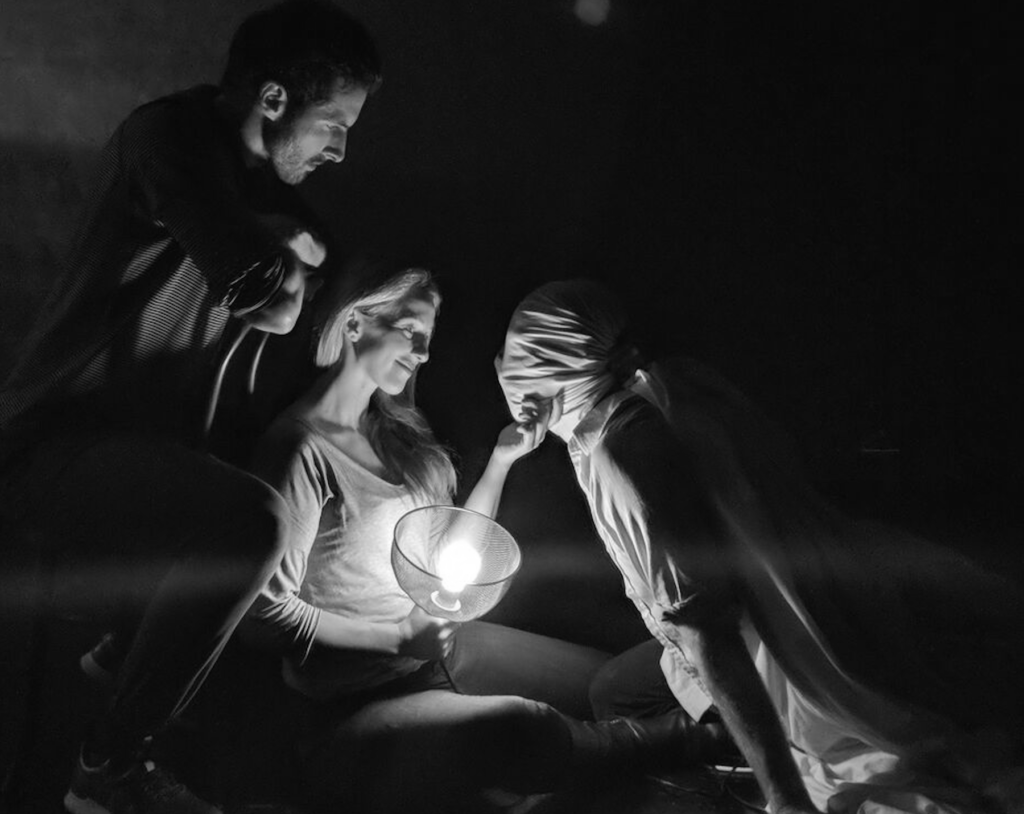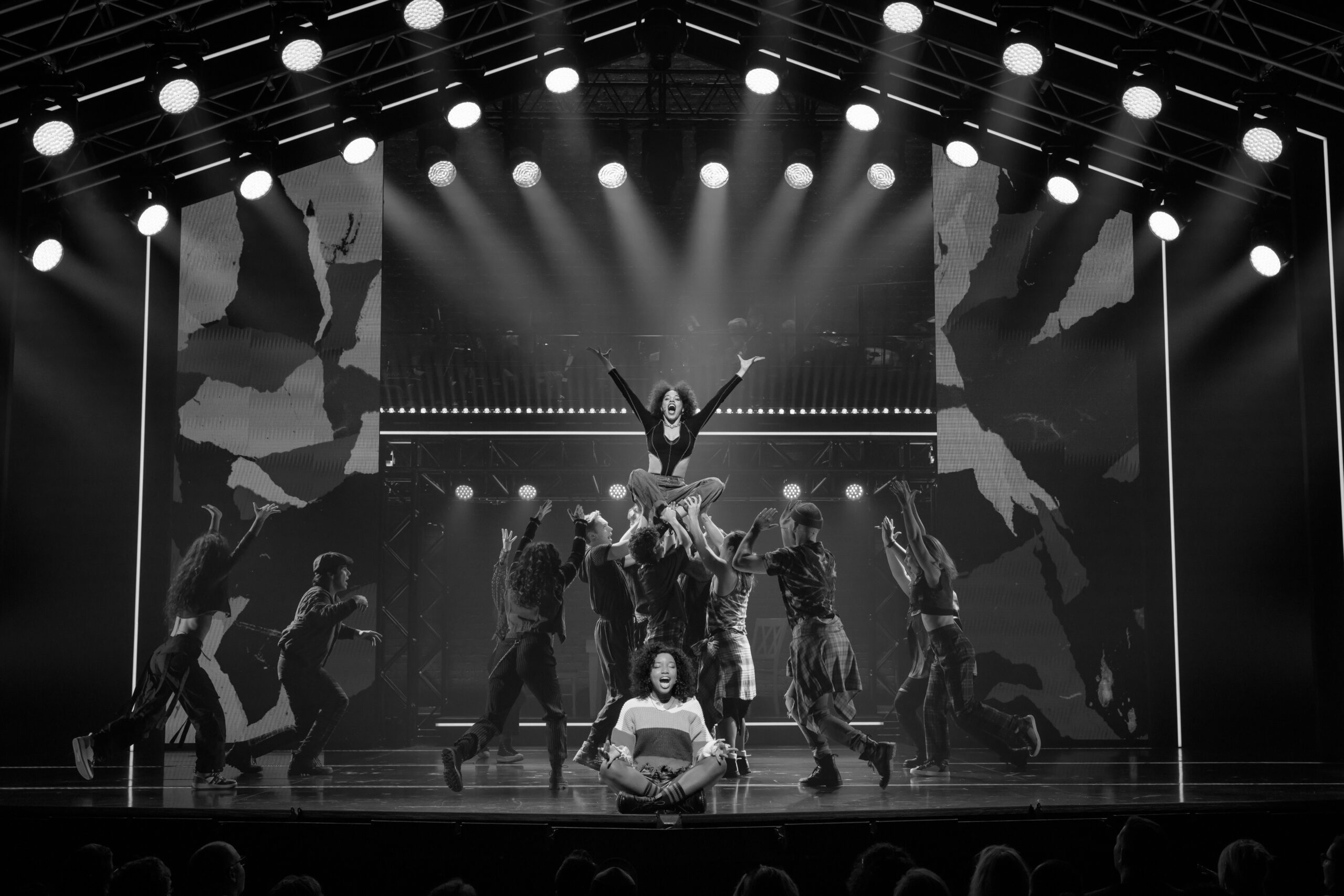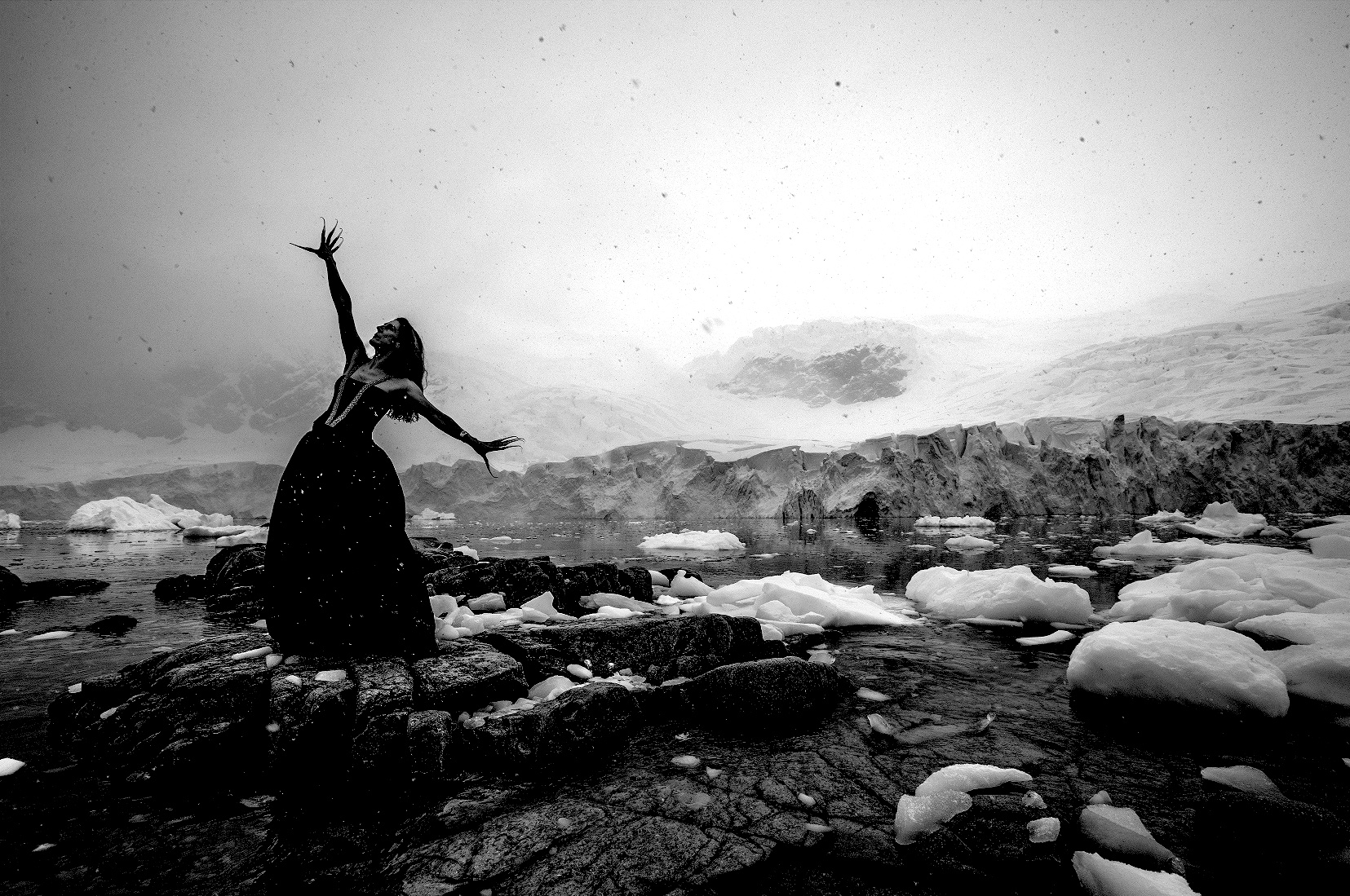POLYGRAPH
With over 30 years of professional theatre experience under her belt and her own theatre company, OpticNervePerformance Group, Tanya Gerstle certainly has an incredible wealth of theatrical knowledge to share. After many years of teaching and researching she has even developed her own style of training, Pulse, which produces memorising, authentic physical theatre. The Melbourne Critique spoke with Tanta Gerstle about her unconventional training methods and her recent production, Polygraph, which explores themes of love, physical and metaphorical “walls”, and identity.
What is your background in theatre, and how has it led you towards the kind of work you do today?
I started off as an actor in Australia and worked professionally for about 8 years. I went to Europe in search of teachers, looking for masters and companies whose work I admired. After 5 years in Europe I came back to Australia and started making my own work and teaching. I’ve been teaching and making work for the last 25-30 years. I’m a Europhile in the sense that that’s where my sensibility lies, the fusion of dance and theatre (that?) comes from Germany. My work is very physical but it’s text based. I have tried to learn how to do that in a different and authentic way. I started Pulse in 1989 in New York and have then been doing that in Australia for the last 20 years.
Please describe what Pulse Training is and what makes it different from conventional methods?
It involves training of the body and later on, when the actors get more proficient, it involves speaking. It employs both body and verbal dexterity. It’s an improvisation form. The performers are learning a certain kind of vocabulary which is about performance and compositional skills, which basically exist in most art forms; music, dance and film-making.
It’s an ensemble practice that enables the group to do an improvisation which is often used for rehearsals to discover a character or to understand an emotional true line. It’s used as a rehearsal tool but, it doesn’t appear in the final product.
You can’t do this work if you have a very strong ego, it’s about teamwork and shared responsibility, looking out for the other. It’s like a blueprint for how society would be wonderful if we all operated in this way, but you get to do it in a safe space. Physical actors are very attracted to this work, musical theatre performers, dancers, even musicians, because it’s all about rhythm, duration, composition, content, meaning and space.
I actually trained the actors for Polygraph 10-15 years ago when they were at drama school, so we already have this shared language and they understand what we are trying to build. I use the play as a template; the words are just one aspect of it. My work always starts with an empty space and some actors. Anything that needs to be added is added very judiciously, only if it’s essential. It’s always very minimal. In the script there are really detailed descriptions of what happens on stage, we haven’t done any of that, we’ve reimagined this entire journey. All the words that the actors speak are the same, but the actual telling of the story has got a very different outcome.
What kind of audiences would enjoy Polygraph?
I think anyone who is a theatre lover would like it, people interested in new form, people interested in really exciting, dynamic ways to present something on the stage. The content works in a very poetic way; with the physical imagery and the verbal text, there are a lot of allusions to the idea of truth, integrity, lying, the fluidity of identity, the construction of walls and the damage that walls can do. It is interesting from a political point of view, which is a reason why I wanted to do it; because of Trump talking about building walls and the Berlin wall falling down.
Not long ago I went to Berlin and walked to the East and there was no difference between East and West – everything is just normalised. It happened in our life time and hundreds of people were killed trying to get from one to the other side of the wall. But then, the wall comes down, after 25 years, and everyone is walking around the city going “oh yeah, this is that thing that happened once”, as if it never happened. So, the learning from that, well what is that about, building walls to control people? And when Trump started speaking about Mexico, and the wall in the Middle East between Palestinians and Israelis… It is just ridiculous.
Polygraph is not directly a political piece about the walls, but the play was set 3 months before the fall of the Berlin Wall, and it is implicated, one of the characters is from East Berlin. So, he has memories from that time but the play is set in Quebec in Canada. It’s international, it’s global, it has different languages in it. It involves theatre goers who want to enter into something with their imagination and be a part of the creation of the meaning. It’s not so much (about?) sitting back and getting entertained. Hopefully it will be moving and gripping and transfixing and mesmerising; it’s very beautiful. It’s like a mixture of a piece of dance and a play.
What are your hopes and plans for future works?
Well I’m doing the work of my company; this is the 10th year, we’ll keep going, there will be another work on board probably next year. This way of working seems to really excite audiences and, as long as there are people who are interested in doing it with me, I’ll continue to do it. It’s very hard work, it’s almost a PHD of performance. So, if you want to do this work, you’ve really got to be hungry and love it, because it tests every single part of you. It’s exciting to watch.
